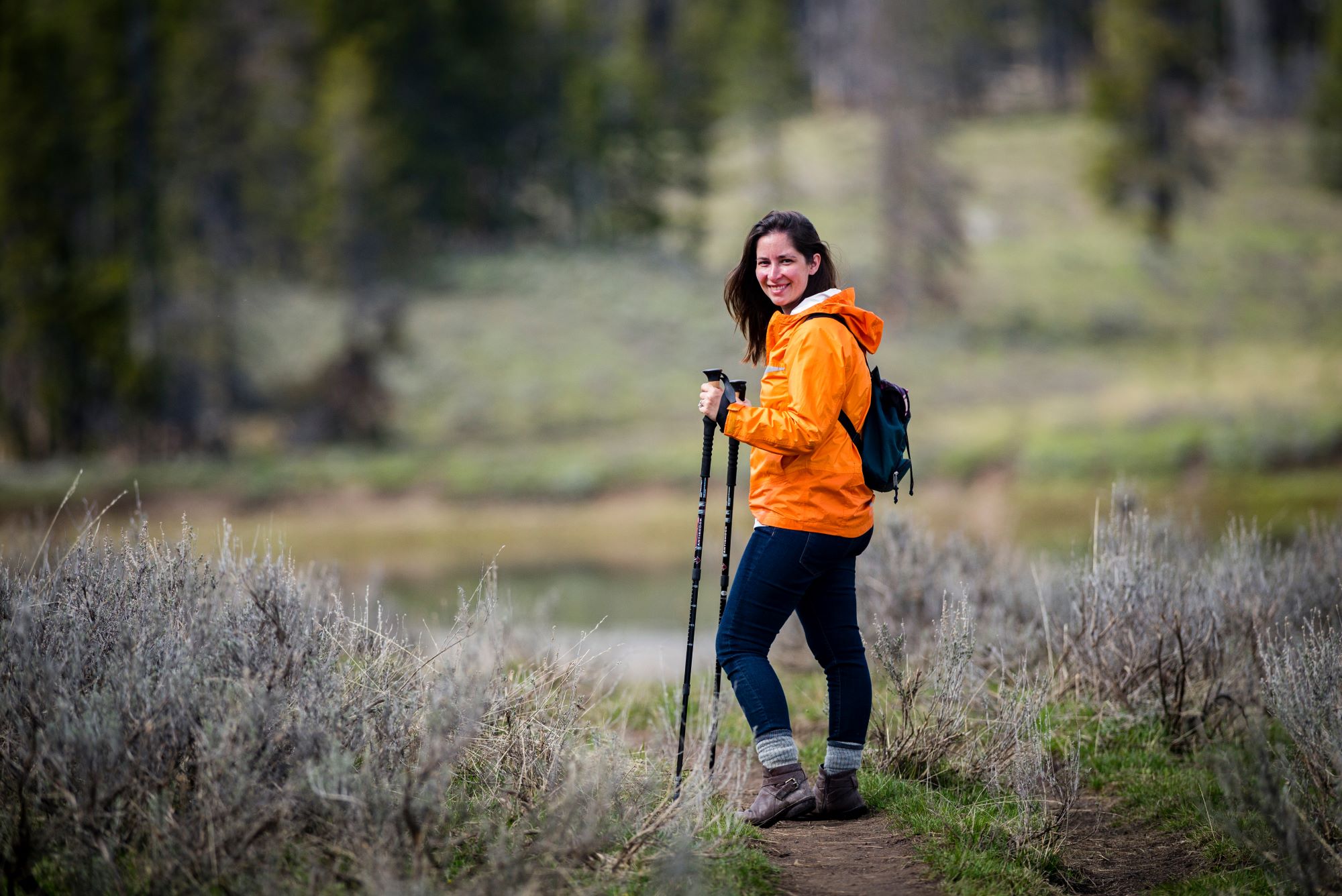
Hiking for Health: The Benefits of Hiking in Utah's Varied Terrain
Hiking, often seen as a leisurely pursuit, is in fact a comprehensive physical exercise that engages multiple body systems and offers extensive health benefits. In the context of Utah's varied landscapes, hiking becomes an even more dynamic and all-encompassing activity. The state's diverse terrain, from the red-rock deserts of southern Utah to the alpine forests of the northern reaches, offers a wide range of hiking experiences that challenge different muscle groups and physical capabilities. Hiking in these varying environments requires the use of leg muscles for climbing and descending, core muscles for balance, and arm muscles for stabilization, particularly when using trekking poles. This full-body engagement makes hiking a well-rounded physical exercise that enhances muscle strength, endurance, and flexibility.
Cardiovascular fitness is another significant benefit of hiking, particularly evident in Utah's varied elevations and terrains. Hiking trails in areas like the Wasatch Front or Zion National Park often involve significant elevation gains, which require the heart and lungs to work harder to supply oxygen to the muscles. This cardiovascular exertion strengthens the heart, improves lung capacity, and boosts overall stamina. The varying intensity of different trails allows for both aerobic (with oxygen) and anaerobic (without oxygen) exercise, providing a comprehensive cardiovascular workout. This variety is especially beneficial as it trains the heart to handle different levels of physical stress, contributing to improved cardiovascular health.

Hiking also offers substantial benefits for bone health, qualifying it as a weight-bearing exercise. As hikers navigate the uneven and often rocky terrain of Utah's landscapes, from the boulder-filled paths in Arches National Park to the rugged trails in the Uinta Mountains, their bones bear the weight of their bodies. This stress on the bones stimulates bone-forming cells, leading to increased bone density. This aspect of hiking is particularly beneficial in preventing or slowing the progression of osteoporosis, a condition where bones become weak and fragile. The varying degrees of difficulty and terrain in Utah's hiking trails provide an excellent way to progressively challenge and strengthen the skeletal system.
Balance and coordination are also significantly improved through hiking. Utah's trails often require navigating over uneven surfaces, stepping over rocks, and traversing narrow paths. These activities naturally enhance proprioception – the body's ability to perceive its position and movement in space. Regular hiking helps improve balance and coordination, reducing the risk of falls and injuries both on and off the trail. This is particularly important as it contributes to overall functional fitness, which is essential for daily activities and maintaining independence, especially as one ages.

Mental health benefits are an integral part of hiking's comprehensive physical exercise profile. The act of hiking, particularly in scenic areas like Utah's national parks and wilderness areas, has been shown to reduce stress, anxiety, and depression. The combination of physical activity, exposure to sunlight, and connection with nature contributes to the release of endorphins, often referred to as the body's "feel-good" hormones. This mental health aspect is a crucial component of overall physical health, as a healthy mind significantly contributes to a healthy body.
The flexibility and adaptability of hiking as an exercise form make it accessible and beneficial for a wide range of individuals, regardless of age or fitness level. Utah's vast array of trails offers options for everyone, from short, flat walks suitable for beginners or those with limited mobility to challenging, multi-day hikes for more advanced adventurers. This inclusivity ensures that almost anyone can benefit from the comprehensive physical exercise that hiking provides. Additionally, the ability to adjust the intensity, duration, and frequency of hiking trips allows individuals to tailor the activity to their personal fitness goals and needs.

Lastly, hiking's role in promoting a healthier lifestyle extends beyond the trail. Individuals who hike regularly are often more conscious of their overall health and well-being. They tend to make healthier food choices, stay hydrated, and pay attention to their body's needs and limitations. Hikers in Utah often take advantage of the state's natural bounty, including fresh, local produce for nutritious meals that support their physical activities. This holistic approach to health, where exercise, diet, and mental well-being are interconnected, highlights hiking as a comprehensive form of physical exercise. In summary, hiking, especially in the diverse landscapes of Utah, offers a full spectrum of physical and mental health benefits, making it an ideal, all-encompassing form of exercise for individuals of all ages and fitness levels.